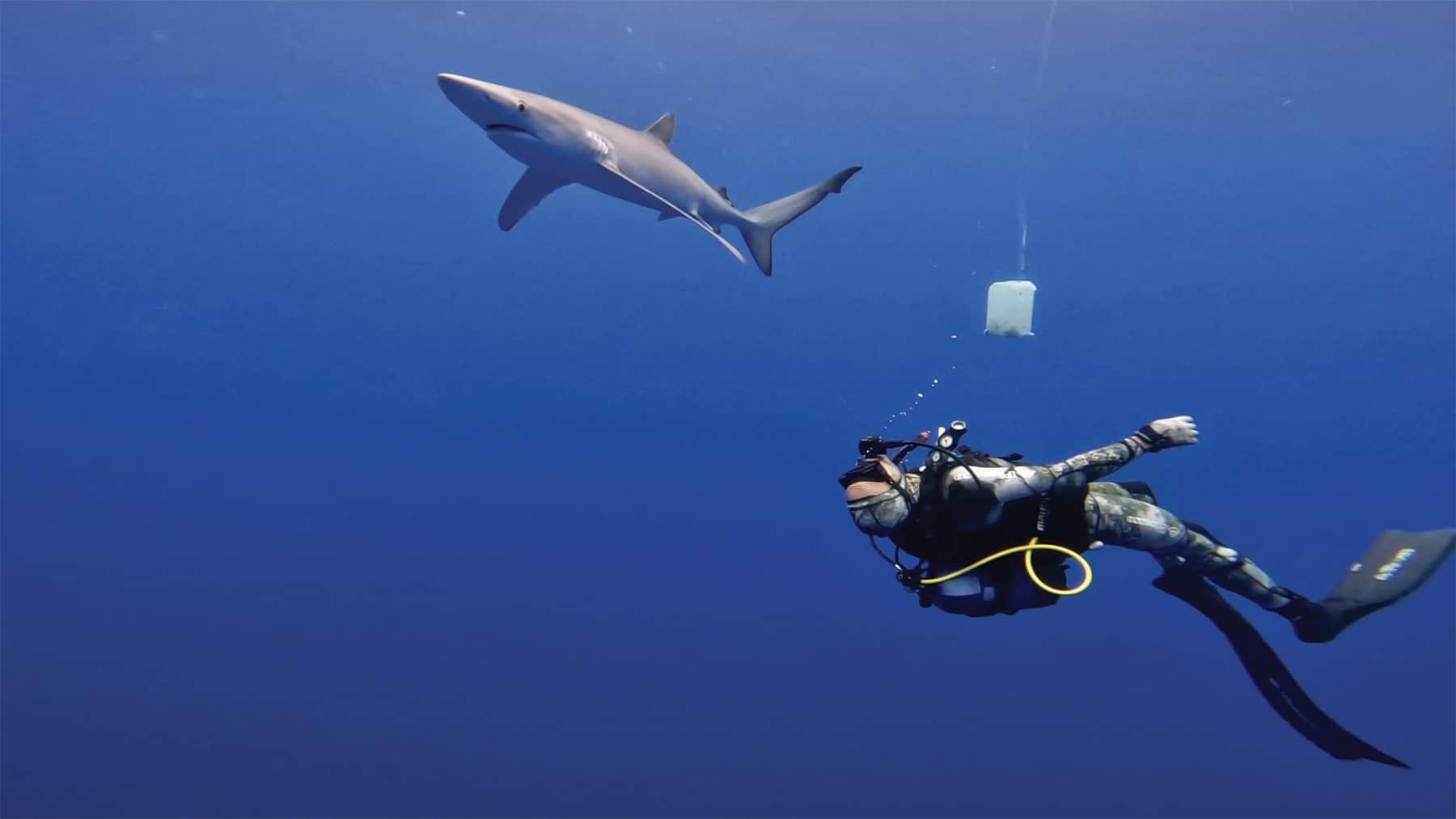
The Department of Training and Research (DFR) Science and Technology is organising two exclusive lectures by Professor João Pedro Barreiros, Associate Professor at the University of the Azores (Portugal) and a recognised expert in marine biology. The lectures will enhance the public's knowledge of marine life by exploring two fascinating themes: marine biology and the evolution of fish.
Fish evolution and adaptation to marine habitats
Date and time: Tuesday 6 February, from 1pm to 1.55pm
Venue: Amphi C
Fish evolved from ancient chordates - probably similar to today's cephalochordates - during the Cambrian explosion of life, around 530 million years BC. Although a large number of taxa are now extinct and even the word 'fish' is an artificial non-zoological term, we still have present-day species from the main branches of fish phylogeny: from the Agnathans to the Chondrichthyes, from the Coelacanths to the Actinopterygians, and so on. Fish have adapted to all aquatic environments and form the most diverse group of vertebrates (Craniata), found all over the world, from the ocean depths to rivers, lakes and even hydrothermal springs both inland and at tectonic ridges on the ocean floor. Some species have developed lungs and others even avoid water most of the time. In this presentation, the speaker will take you on a 'journey' through time and show you how fish evolved and adapted, eventually giving an evolutionary path to amphibians, reptiles, and of course, mammals and ourselves.
Elasmobranchs of the North-East Atlantic - species from the Azores as a case study
Date and time: Wednesday 7 February, from 1pm to 1.55pm
Venue: Amphi C
The Azores, the most northerly archipelago in Macaronesia, are dominated by deep waters in their vast Exclusive Economic Zone. Elasmobranchs are found in these waters, ranging from pelagic to coastal oceanic species, and above all to a vast and little-studied range of deep-sea species. In this presentation, the speaker will show all the current species known from this region and discuss their relative abundances, erratic/vagrant occurrences and vertical distributions, while detailing those of some economic importance.
A few words about the speaker
João Pedro Barreiros was born in Lisbon on 21 October 1964, into a Macanese family that had lived in Angola and Lisbon, but chose to study and live in the Azores when he finished secondary school. Already a graduate in Zootechnical Engineering, he joined the University of the Azores as a trainee assistant in 1991. In 1995, he passed the pedagogical and scientific aptitude tests in the animal ethology speciality and, in 2001, completed his doctorate in Animal Biology/Ecology. In 2008, he passed the agrégation exams in animal ethology and is currently associate professor of agrégation at the University of the Azores, where he teaches various subjects in the Nature and Heritage, Agronomic Sciences, Veterinary Medicine and Zootechnical Engineering degrees. The author and co-author of around a hundred publications in international peer-reviewed journals, as well as several articles, columns and popular science books, he has focused his research mainly on aquatic predators in the Azores, the Gulf of Guinea and Brazil, where in recent years he has concentrated mainly on the Amazon basin.
Researcher at the Azores Biodiversity Group (GBA, ABG), Centre d'Évolution de l'Ecologie et des Changements Environnementaux (ce3c) and member of the CHANGE associated laboratory.
A scientific illustrator and member of the Guild of Natural Science Illustrators, he also devotes himself to studying the classical guitar. From an early age, the sea has played an important role in his life, both as a researcher and as an underwater hunter, a modality he combines with his work in data collection techniques. He belongs to a number of national and international associations, including the Marine Academy's Class of Arts, Letters and Sciences as a full member. He is also a member of the grouper and wrasse specialist group of the International Union for Conservation of Nature.




